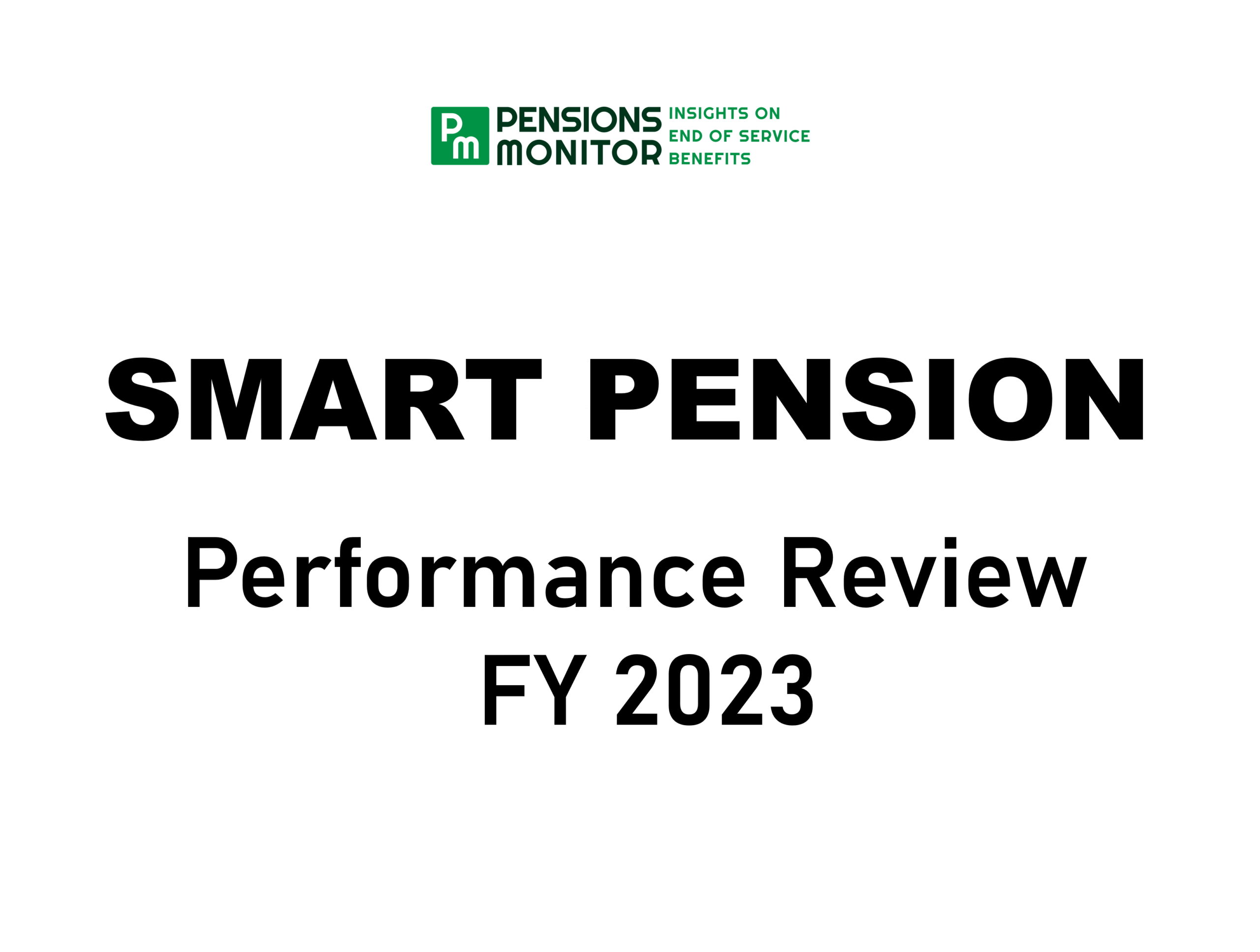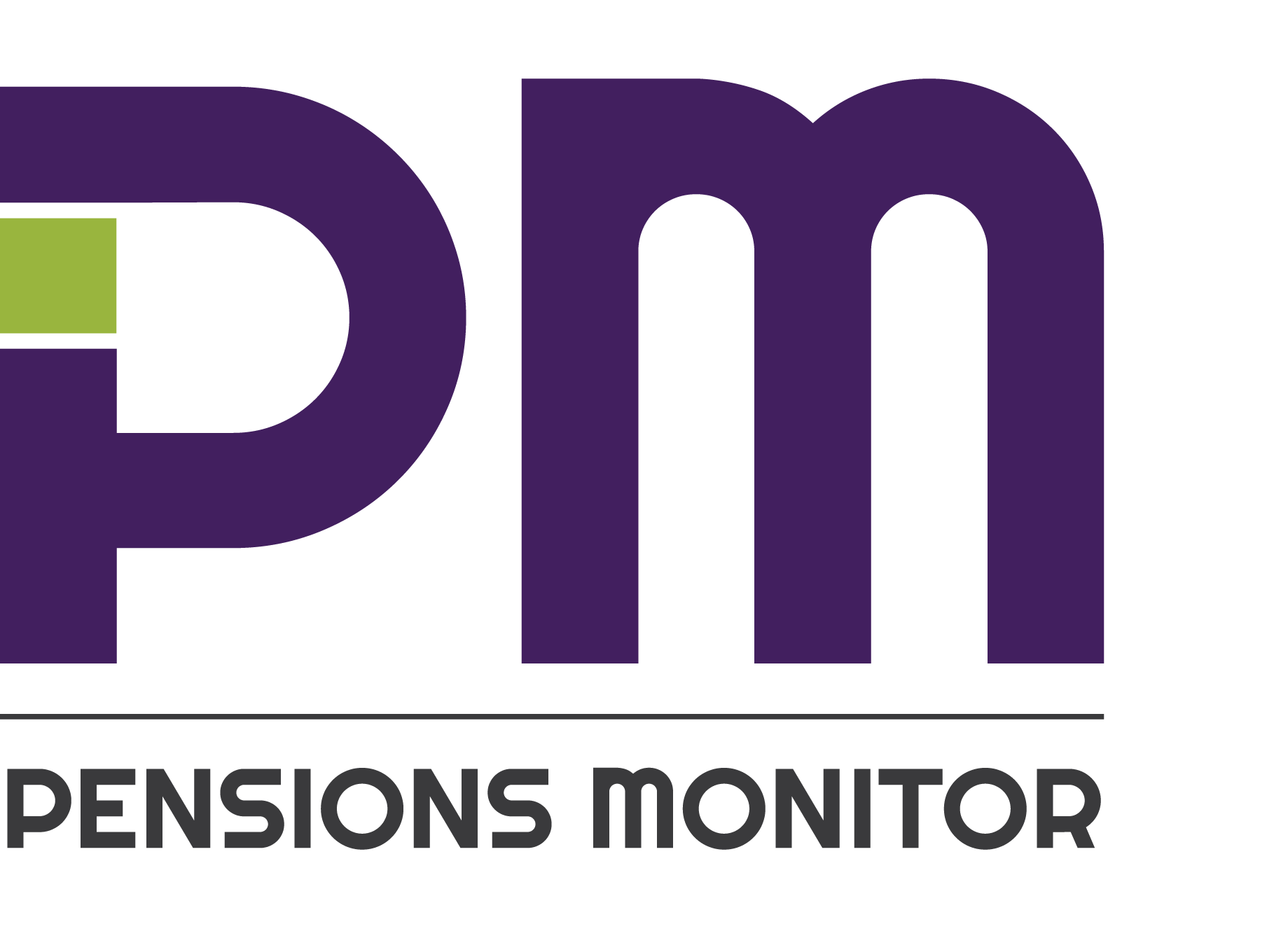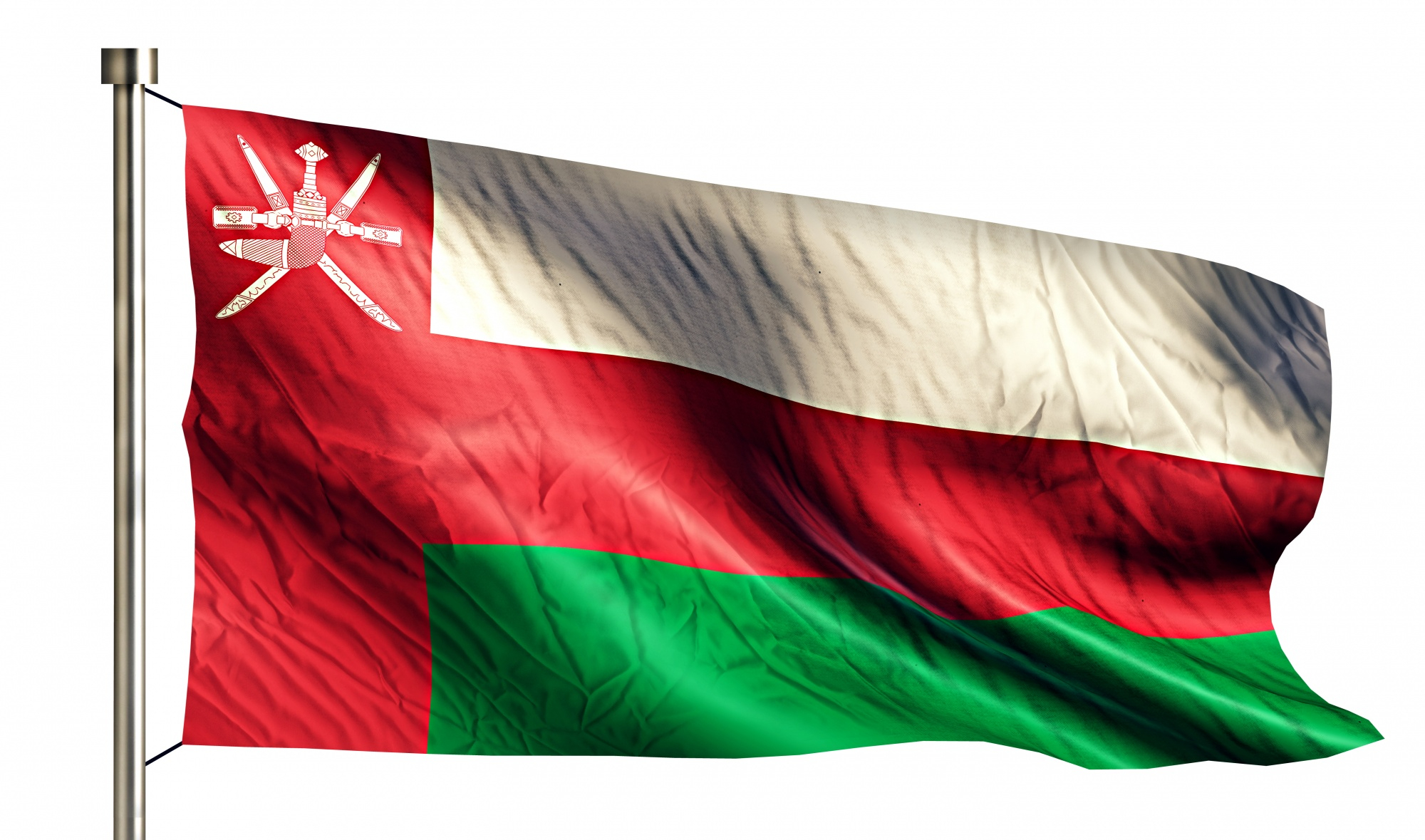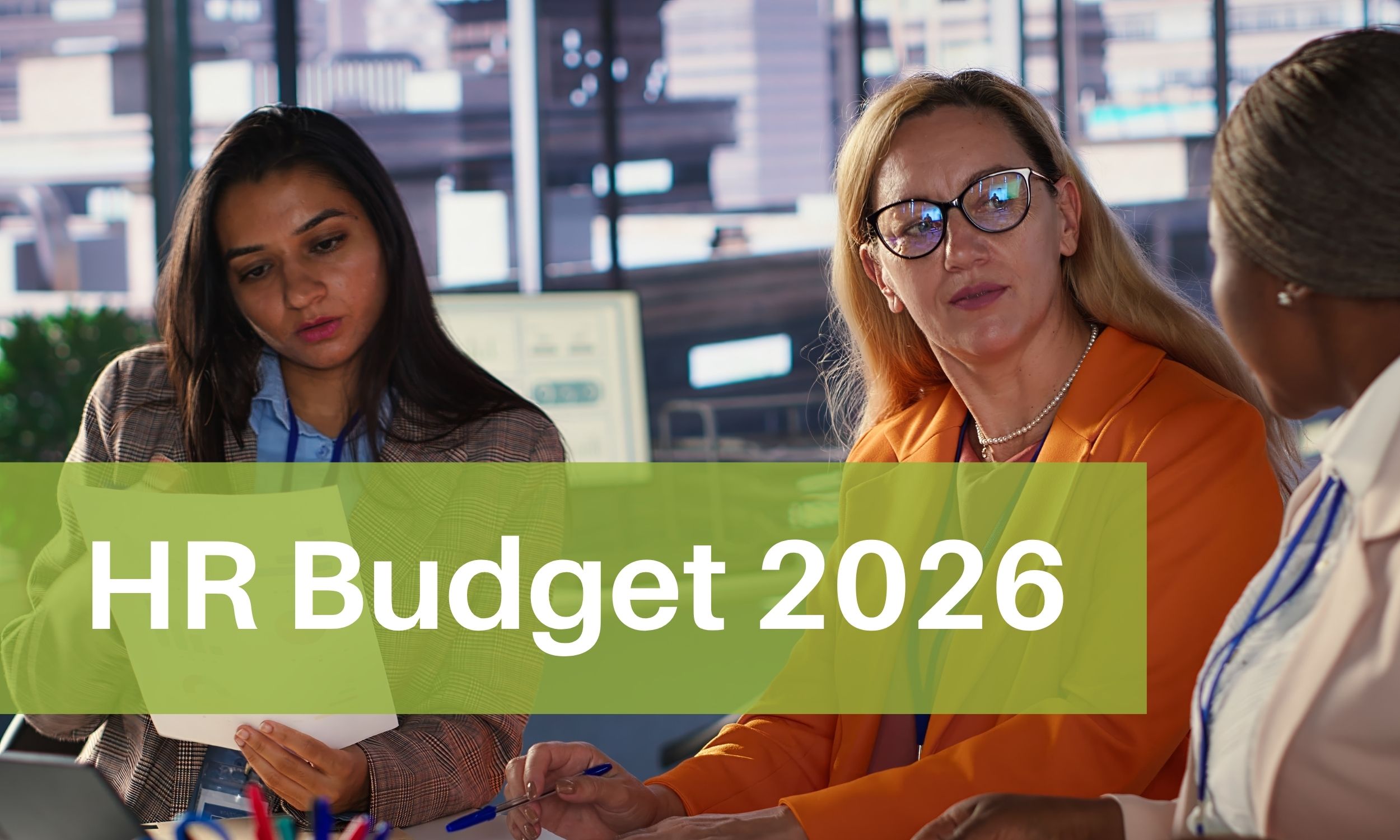
The company Smart Pension Limited (“Smart Pension” or “Company”) is perhaps not a household name here in the GCC, however, it does play a very important role behind the scene. Smart Pension is the IT administration system that powers DEWS, the End-of-Service Benefits (“EOSB”) savings scheme in Dubai International Financial Center (“DIFC”). This scheme currently manages the EOSB savings of 41,000 employees, with assets under management (AuM) totaling approximately AED 2.0bn (£0.5 bn) as of 31 December 2023.
Furthermore, it is rumoured that Smart Pension is looking to expand its services into UAE’s Mainland EOSB savings scheme as a technology provider, making it potentially an important player to watch in the coming years.
Smart Pension is a UK registered company and as such is obliged to publish its annual accounts with Companies House, which is then publicly available for download. We at Pensions Monitor have analysed the financial statements at length and share our observations in this article.
Company background
Smart Pension was incepted in 2014 and generates revenue primarily from:
-
its pension technology solutions that is reportedly in use by financial institutions in UK, Ireland, Hongkong, USA and Dubai, managing records of a pension portfolio of £12.6bn as at 31 December 2023 including £0.5bn of DEWS, the DIFC EOSB Savings scheme; and
-
the provision of UK Workplace pension solutions since 2019 through Smart Pension Master Trust (SPMT). As of 31 December 2023, SPMT has grown its AuM to a commendable £4.0bn administering 1.25mn members of ~70,000 employers.
(It should be noted that Smart Pension is a software house and that the AuM numbers quoted above are monies managed by professional fund managers).
Over the years, the Company has grown largely on the back of compulsory workplace pension schemes alongside some acquisitions. As of FY 2023, the Company is said to have consolidated at least nine master trusts and a number of technology companies (collectively, the Group) to enhance its pension technology offerings. Unfortunately, this growth, as well as the cost of ongoing development of the IT platform itself has caused losses year after year, which were funded in a series of five rounds totalling ~£282.4mn alongside debt of £40mn raised in FY 2022.
As it stands today, the Group has accumulated losses reaching a staggering £240.1 million as at 31 December 2023. The latest fund-raising efforts netted £33.9mn in Q1/2024, begging the question: Until when will funds last? And: is the business – having never turned a profit in a decade – actually sustainable?
Widening gap between revenue and costs
Compared to the previous year, FY 2023 proved to be even more challenging for Smart Pension. Revenues dropped to £49.7m from £57.4m in the previous year that included substantial one-off (design, build and support) revenue in FY 2022 and also in FY 2021. The cost of sales on the other hand rose from £17.5m to £23.6m and operating expenses of £100.3m (~70% of which represent staff costs) were nearly twice that of revenue in FY 2023.
All in all, the annual operating loss increased from £61.7mn to £75.4mn.

The annual report does not hide the fact that the company is facing difficulties, and that a cost reduction programme was undertaken with the help of external consultants. The report confirms that cost savings have largely been in the form of headcount reductions, primarily across the technology and related teams. The average headcount was reduced by 88 reaching 585 in FY 2023 and by a further 158 reaching 427 as at 30 June 2024. This headcount reduction programme means that the workforce was trimmed by a staggering 36% from FY 2022 – a level that the Company thinks is sustainable to continue to support growth and profitability targets.
Funding of sustained losses since inception
Needless to say, sustained and widening losses (see graph below) accumulating to £240.1mn as at 31 December 2023 has necessitated fresh funds to be injected time and again.

(Note: 2021 represents a longer operating period of 18 months from 1 July 2020 – 31 December 2021 as the company changed its financial reporting period from July-June to Jan-Dec in 2021).
Most recently, the shareholders have injected £75mn “Series E” money in FY 2023, and a further £33.9mn has been pumped into the company in early 2024. For those new to the topic, “Series E” means that this was the 5th major funding round. Startups usually start with seed investment, followed by Series A, Series B, and so on. If a startup does not perform, then subsequent funders will demand harsher terms each round, which in turn massively reduces the value of early shareholders including founders who may even get wiped out in the process. We do not know the specific situation at Smart Pension in this regard, but suspect that such a dynamic might be at play.
Our view
Through steady organic growth from the UK’s auto-enrolment market (similar to the UAE’s “Cabinet Resolution 96” EOSB Savings scheme), plus a series of acquisitions, the company has registered a noteworthy growth in AuM and membership which is a positive, as we assume Smart Pension derives some their revenues as a percentage of AuM or on a per-member basis. That said, the widening gap between revenue (net of direct costs) and expenses suggests that break-even for the group is likely still several years away, even with increased revenues and reduced costs.
Analysts may argue that other startups (such as, say, Uber) also went through a long period of investment before eventually breaking even. However, such companies depend on network effects, the driving out of competition through near-suicidal pricing, and the creation of local monopolies. The IT software market is a very different animal however. As a small example, it stands to reason that with increased competition in the DIFC that is expected soon, the fees for DEWS will likely go down, as will the current 100% market share, ultimately resulting in less revenue for Smart Pension. We will discuss more on competition for DEWS in a separate article.
Furthermore, we ought to be realistic about the strategic business challenges. Software code needs to be re-written and updated as some components get upgraded or retired, talented programmers demand higher wages, labour arbitrage with low-cost locations is being eroded, clients demand ever more for less fees and competition is aplenty.
One can rightly ask the question: Is Smart Pension a going concern? Well, as for the next 12 months (i.e. until the end of 2024), the appointed auditors (Grant Thornton UK) have said “yes” on the basis of management projections and access to funds. Smart Pension have assured Pensions Monitor that its financial performance for 2024 is improving, and that light at the end of the tunnel is in sight.
Nevertheless, we at Pensions Monitor think that the company remains entirely dependent on the generosity of the shareholders for the foreseeable future. These investors are all highly experienced institutional investors including illustrious names such as Aquiline Capital Partners, Barclays, Chrysalis Investments, DWS Group, Fidelity International Strategic Ventures, J.P. Morgan, Legal & General, the Link Group and Natixis Investment Managers. They have clearly seen some value in the business model to keep the funding going – under the assumption that results will improve, eventually. In other words – it is “make or break” time now at Smart Pension.
As for DEWS (the EOSB Savings scheme in DIFC), Smart Pension as Zurich Workplace Solution’s appointed IT provider is the “beating heart” of the infrastructure. If Smart Pension were to exit the market in a disorderly fashion, availability and reliability of the platform could suffer. For such supply chain risks, we can assume that there are contractual safeguards in place such as e.g. having the source code of the platform in escrow and a robust Business Continuity Plan (fall-back plan) in order to ensure that services to beneficiaries are not disrupted.
Pensions Monitor will keep a close watch on Smart Pension and other IT providers in UAE’s EOSB savings market. More market announcements coming up next week.
Please subscribe to Pensions Monitor’s newsletter to stay informed.





